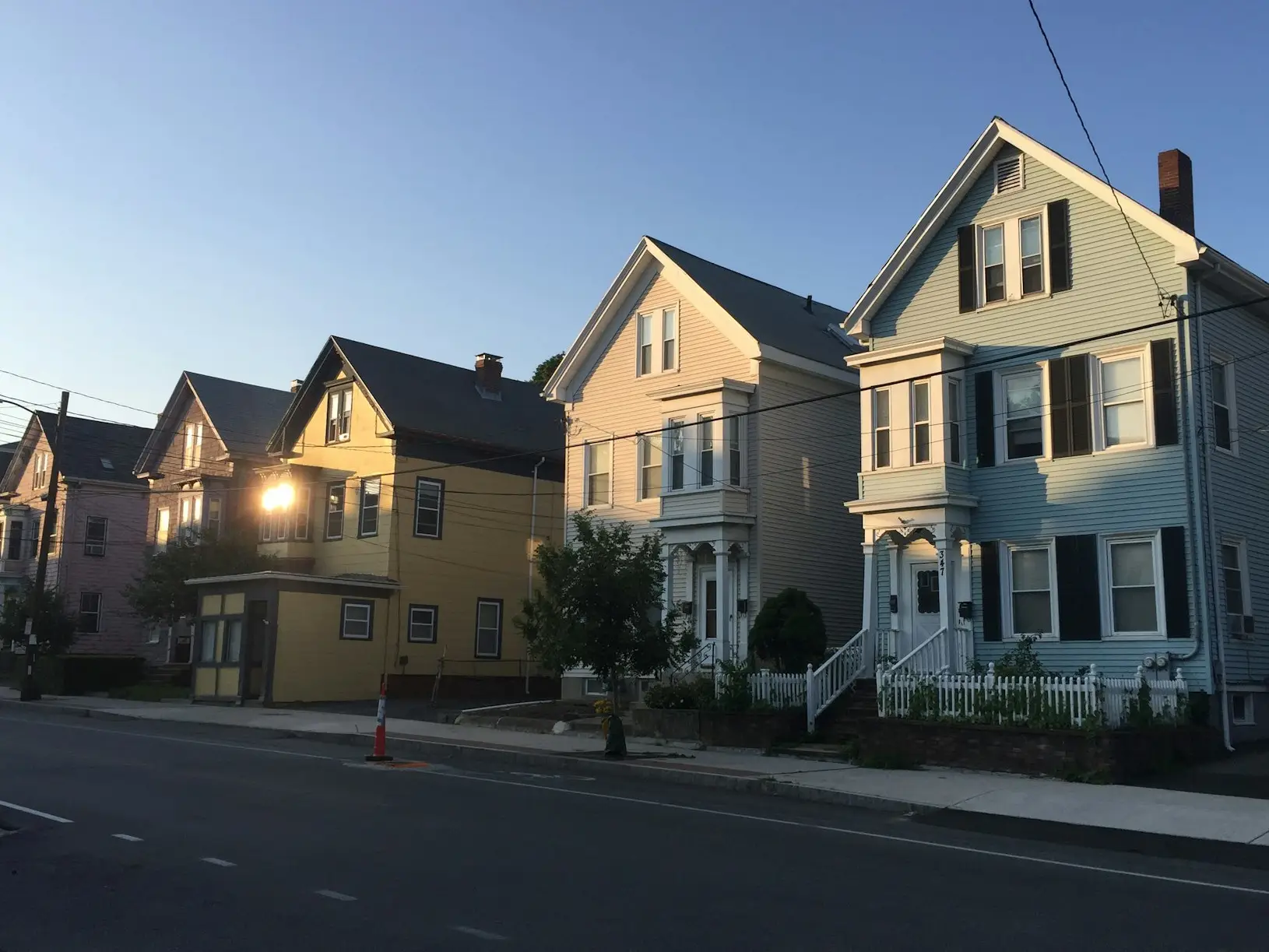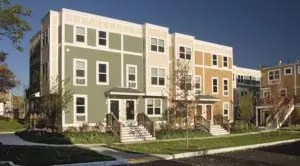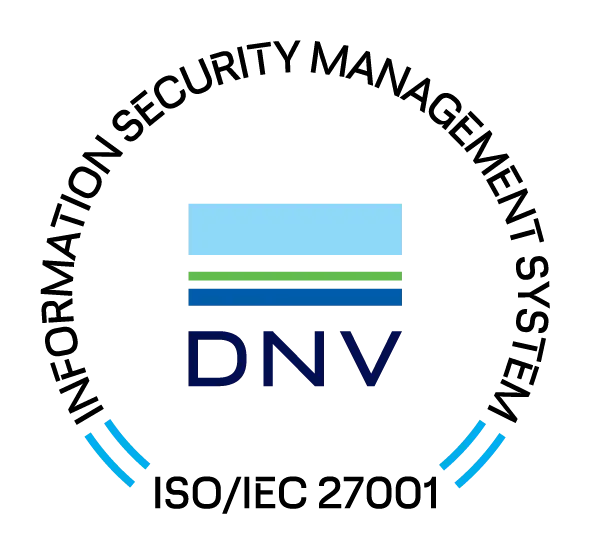Case Study
State Oversight of Housing Assistance
A custom data collection and analysis platform for the Commonwealth of Massachusetts

Client
The Commonwealth of Massachusetts Executive Office of Housing and Livable Communities (EOHLC), formerly the Department of Housing and Community Development (DHCD), is charged with creating more homes in Massachusetts and lowering housing costs for residents. EOHLC works with municipalities, local housing authorities, non-profit organizations, and development partners to provide affordable housing options, financial assistance, and other support to Massachusetts residents and communities.
Goal
Measure and improve the effectiveness of state housing programs in providing residents with affordable options, and increase EOHLC’s capability to make informed policy decisions
Outcomes
A comprehensive analytical warehouse containing tenant and applicant data from state and local agencies in combination with other data sets to, among other analyses, measure program fairness and effectiveness by demographics and location over time.
Overview
In 2020, Green River partnered with the Executive Office of Housing and Livable Communities (EOHLC), to create a comprehensive data warehouse for affordable housing programs. The project was given the name SOHA which stands for State Oversight of Housing Assistance.
EOHLC is lead agency for housing and community development which administers affordable housing programs targeted at the most vulnerable residents of Massachusetts. EOHLC contracts with other agencies to administer housing programs on its behalf which fall into two broad categories, Local Housing Authorities (LHA) and Regional Administering Agencies (RAA). At the start of the project there were eight RAAs and approximately 120 LHAs.
The decentralized nature of program administration resulted in EOHLC not having access to vital information on participants (tenants), units, and owners (landlords). Processes for program administration could be burdensome for both EOHLC and administering agencies. A centralized warehouse improved the capability to make informed policy and project spending decisions; complete desk reviews for fraud, waste, and abuse; respond to data and constituent requests; comply with reporting requirements; and ensure easy, open, and fair access to rental vouchers. As part of the project, a method to transmit information from administering agencies’ tenant management systems to the warehouse in a manner that was timely, accurate and secure needed to be developed.
Challenge
In order to build a comprehensive data warehouse containing information about the use of state housing programs we needed to first figure out how to gather the data. We needed to work with EOHLC and administering agencies to develop a statewide data exchange standard for the tenant management systems used by the administering agencies. This involved understanding the tenant information being managed by the various systems built by different vendors. We needed to ensure that the system was reliable, scalable and secure while remaining flexible to accommodate change during the early phases of development as we learned about quality and completeness of the data.
Process
We started with the HUD 50058 specification for Federal reporting of affordable housing program data. The specification defines a data structure for reporting on current tenant status within a federal housing program. Administering agencies’ tenant management systems are required to support this standard for submitting reports to HUD so it would be familiar to the various vendors. The specification was modified to align with Massachusetts programs instead of the federal programs. An API specification for data exchange was created and shared with the various tenant management system vendors for review and feedback. Once the structure for tenant reporting was established we then developed a data warehouse schema to support spatial and longitudinal analysis of information from the tenant management systems and other sources.
Additionally, we designed a secure and accessible web user interface for EOHLC staff to administer, monitor, explore, export and analyze data in the warehouse. EOHLC also needed to be able to connect their business intelligence tools to the warehouse for ad-hoc analysis; therefore, we considered “ease-of-use” in the underlying schema design.
Solution
An API was implemented for tenant management systems to submit reports and stored in the data lake. Tenant reports are validated and issues logged for quality monitoring before being added to the warehouse. The staged tenant data is transformed and loaded into the warehouse where it is matched to a canonicalized household record to track program enrollment status and demographic information over time for a single household. An additional API was later added to receive data from the state housing program application site (CHAMP) using the existing architecture. The applicant data added visibility into households prior to enrollment in a state housing program enabling analysis of wait time. A duplicate detection algorithm was developed to link all incoming household data to a single canonicalized record.
Additional data sets continue to be added to provide better analysis capabilities (e.g. geospatial boundaries, fair market rent, census, opportunity index, property inventory). Today, we are working with EOHLC to establish key performance indicators (KPIs) for housing programs to track how well they are meeting the needs of Massachusetts residents over time.

Green River
Case Studies

Education Resource Strategies (ERS)
Improving urban school systems through the innovative orchestration of resources

Reach Out and Read
Advocating for childhood literacy

State of Delaware – My Healthy Community
Empowering residents and medical professionals with comprehensive, up-to-date, and actionable public health and COVID-19 data

Housing Navigator Massachusetts, Inc.
Simplifying the search for income restricted rental units in Massachusetts

Global Real Estate Sustainability Benchmarks (GRESB)
Transforming the real estate investment market in favor of sustainable performance

City of Boston’s Coordinated Access System
Coordinating social services providers in support of homeless people
